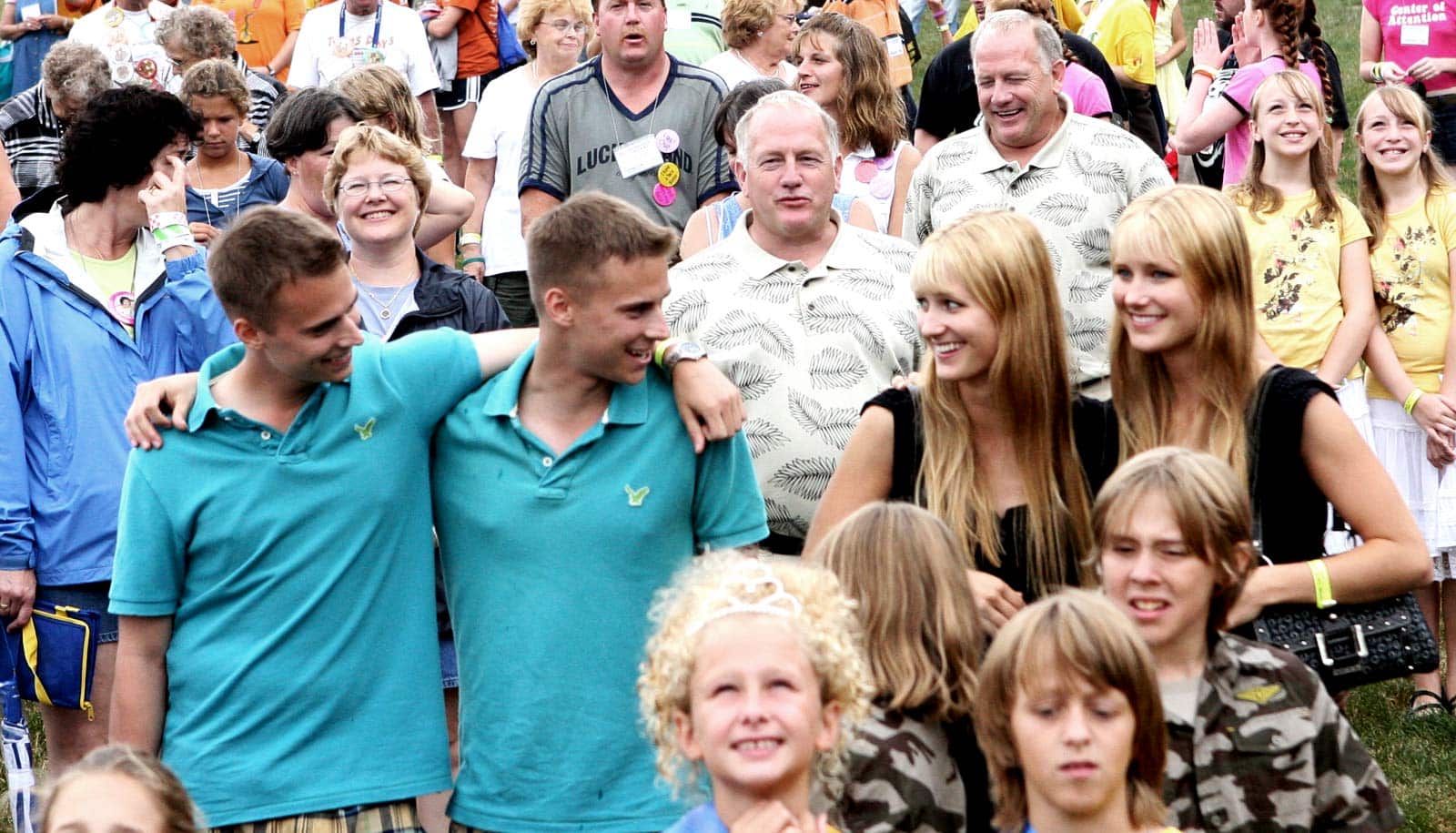Individuality matters in negotiation, research conducted at an annual national twins festival suggests.
Historically, negotiators have been seen as economically rational individuals acting in ways meant simply to maximize their outcomes, but the new research challenges this view.
The researchers also found that it takes at least two at the negotiating table to tango; the nature of their relationship is critical to the outcome.
“No matter how good you are at negotiating, there are some opponents you will have an easy time with and some with you you’ll have a lousy time.”
“Maybe there is no one best negotiator,” says Hillary Anger Elfenbein, professor of organizational behavior at Olin Business School at Washington University in St. Louis. “Maybe the person you should send into a negotiation depends on whom you’re up against.
“What was not a surprise was that the twins did very similarly to each other. That was still a nice finding. What was more surprising, the twins were basically consistent between which people were relatively easy and which were relatively hard to negotiate with.”
To determine what role the relationship between negotiators plays when it comes to reaching a conclusion, Elfenbein’s team used a variance partitioning technique, an experiment setup in which two people interact with each other multiple times. This technique is based on the idea that personality-related behaviors are consistent over time. The more times a similar outcome is observed, the stronger the case that something about that relationship is shaping the result.
Welcome to Twinsburg
Arranging this kind of experiment, however, presented some challenges.
“As the Greek philosopher Heraclitus once argued, ‘A person cannot step into the same river twice,'” the researchers — Elfenbein and coauthors note in their paper. Once two people interact, they cannot have a second, independent interaction; all future negotiations would be colored by the previous such meetings.
That’s where Twinsburg, Ohio, (outside Cleveland), home to the so-called “largest gathering of twins (and other multiples) in the world,” comes into play.
The annual Twins Day Festival each August provides dedicated space where scientists can connect with thousands of twins who are interested in participating in research. For this study, Elfenbein’s team was able to recruit 124 pairs of twins.
“Although it is never possible to step in the same river twice, the independent experiences of twins may reveal what happens when two similar people step into two similar rivers,” the researchers wrote.
Used furniture negotiations
They worked with four sets of twins at a time in two separate tents of four negotiators, half selling the fictional furniture to the others. The round-robin negotiations paired each twin with the same pair’s counterpart in each tent.
“So when I was negotiating with you,” Elfenbein says, “my twin was negotiating with your twin.
“We didn’t know anything about the backgrounds of these people. But used furniture is something that we thought everybody could relate to,” she says. “And it’s something that’s common to negotiate.”
The twins got into it, Elfenbein says. “It was actually fun for them to do,” she says. Researchers also offered cash prizes to participants ranging from $1 to $20, depending on their successful negotiating outcome. (Five percent came to an unsuccessful stalemate).
The first finding was that, as expected, each individual in a twinset performed similarly in their negotiations, relating to the concept that like-minded negotiators with similar behaviors and approaches can prove successful. The second finding, which speaks to the nature of relationships in negotiations, was that each individual twin found their corollary opponents similarly challenging. That is, if you found Opponent A to be particularly difficult, then your twin found A’s twin to be difficult as well.
“We interpret that to mean there are unique pairings in life, and some make for better rapport,” Elfenbein says. “No matter how good you are at negotiating, there are some opponents you will have an easy time with and some with you you’ll have a lousy time.”
We owe these 5 research discoveries to twins
In the paper, which appears in the Journal of Applied Psychology, the researchers compare negotiating relationships to the face-off between a famous shepherd boy and an infamous giant.
“There’s a unique match where David was a very unique stone thrower and Goliath had a very big forehead, so this little shepherd boy could beat him—one big skill versus one big Achilles heel,” Elfenbein says. “Biblical miracles aside, if you paired up multiple Davids and multiple Goliaths, the Davids would win every time.”
Coauthors of the paper are from the University of North Carolina, Chapel Hill; Massachusetts Institute of Technology; and Southern Illinois University, Carbondale.



